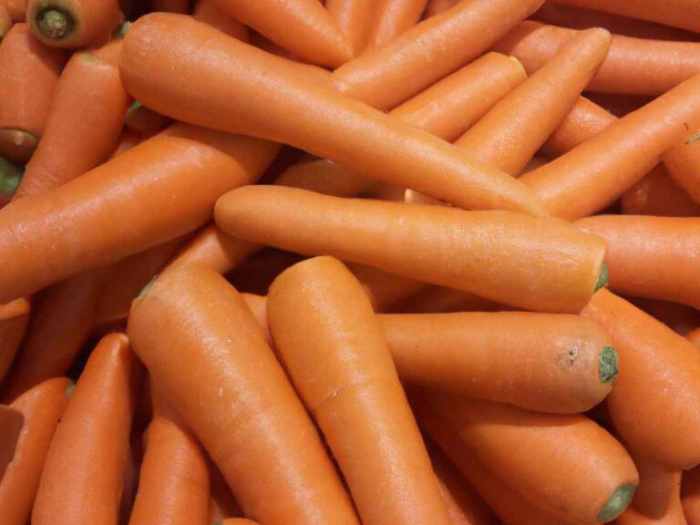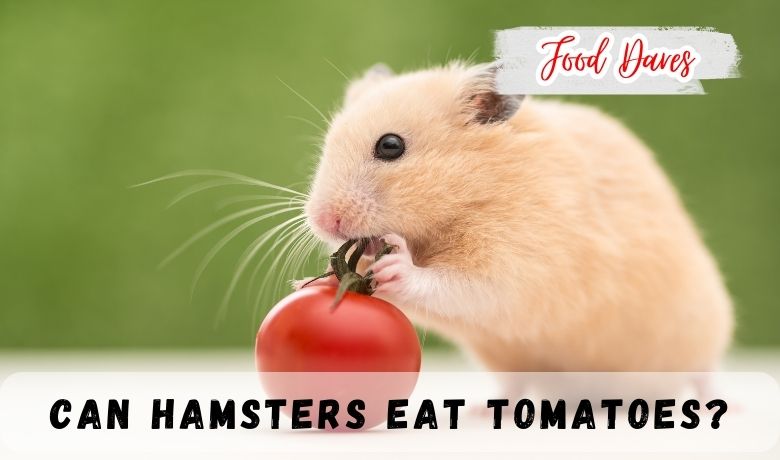Baby carrots have gained popularity as a convenient and nutritious snack option. They are miniature versions of fully-grown carrots, usually cut and shaped into bite-sized pieces. While their small size may raise questions about their nutritional value, baby carrots actually offer several health benefits. In this article, we will delve into the nutritional profile of baby carrots and discuss their potential positive impact on your well-being.
Rich in Essential Vitamins and Minerals
Despite their size, baby carrots pack a punch when it comes to essential vitamins and minerals. They are particularly abundant in the following nutrients:
Beta-Carotene: Baby carrots are an excellent source of beta-carotene, a precursor to vitamin A. Beta-carotene acts as an antioxidant in the body, protecting cells from damage caused by harmful free radicals. Additionally, it plays a crucial role in promoting healthy vision, immune function, and skin health.
Vitamin K: Baby carrots are a good source of vitamin K, a vital nutrient involved in blood clotting and bone health. Adequate vitamin K intake supports bone density and reduces the risk of fractures. It also contributes to cardiovascular health by preventing the calcification of arteries.
Vitamin C: Baby carrots contain vitamin C, an antioxidant that supports the immune system, aids in collagen production, and promotes healthy skin. Vitamin C also enhances iron absorption from plant-based sources, making it valuable for vegetarians and vegans.
Potassium: These mini-carrots are a decent source of potassium, an essential mineral that helps regulate blood pressure, maintain fluid balance, and support proper muscle and nerve function.
Fiber: While baby carrots may contain slightly less fiber compared to full-sized carrots, they still contribute to your daily fiber intake. Fiber aids digestion promotes feelings of fullness and helps regulate blood sugar levels.
Low in Calories and Fat
If you’re watching your weight or aiming to maintain a healthy calorie balance, baby carrots are an ideal snack choice. They are low in calories and contain virtually no fat. This makes them a guilt-free option for satisfying your hunger between meals. The high fiber content in baby carrots also helps to keep you feeling fuller for longer, reducing the temptation to reach for unhealthy snacks.
Convenience and Versatility
One of the primary advantages of baby carrots is their convenience. They are pre-washed, pre-cut, and ready to eat straight out of the bag. This makes them an excellent on-the-go snack, perfect for school or work lunches, picnics, or road trips. Additionally, baby carrots are versatile in the kitchen. They can be enjoyed raw with dips, added to salads, steamed, roasted, or even used as a healthy ingredient in soups and stews.
Selecting the Best Baby Carrots
When purchasing baby carrots, it is worth noting that there are two types available: true baby carrots and manufactured baby-cut carrots. True baby carrots are simply harvested early, resulting in smaller-sized carrots with a slightly different taste. Manufactured baby-cut carrots are usually larger carrots that have been mechanically shaped into smaller pieces.
While both types offer nutritional benefits, true baby carrots may have a slightly higher nutrient density. However, the difference is minimal, and the choice ultimately comes down to personal preference.
Conclusion
Baby carrots are a nutritious and convenient snack that can be enjoyed by both children and adults. Packed with essential vitamins, minerals, and fiber, they contribute to a well-rounded diet and support overall health. Their low calorie and fat content make them an excellent option for weight management, while their versatility allows for creative culinary uses. So, the next time you’re looking for a wholesome and satisfying snack, consider reaching for a bag of baby carrots. Your body will thank you!


